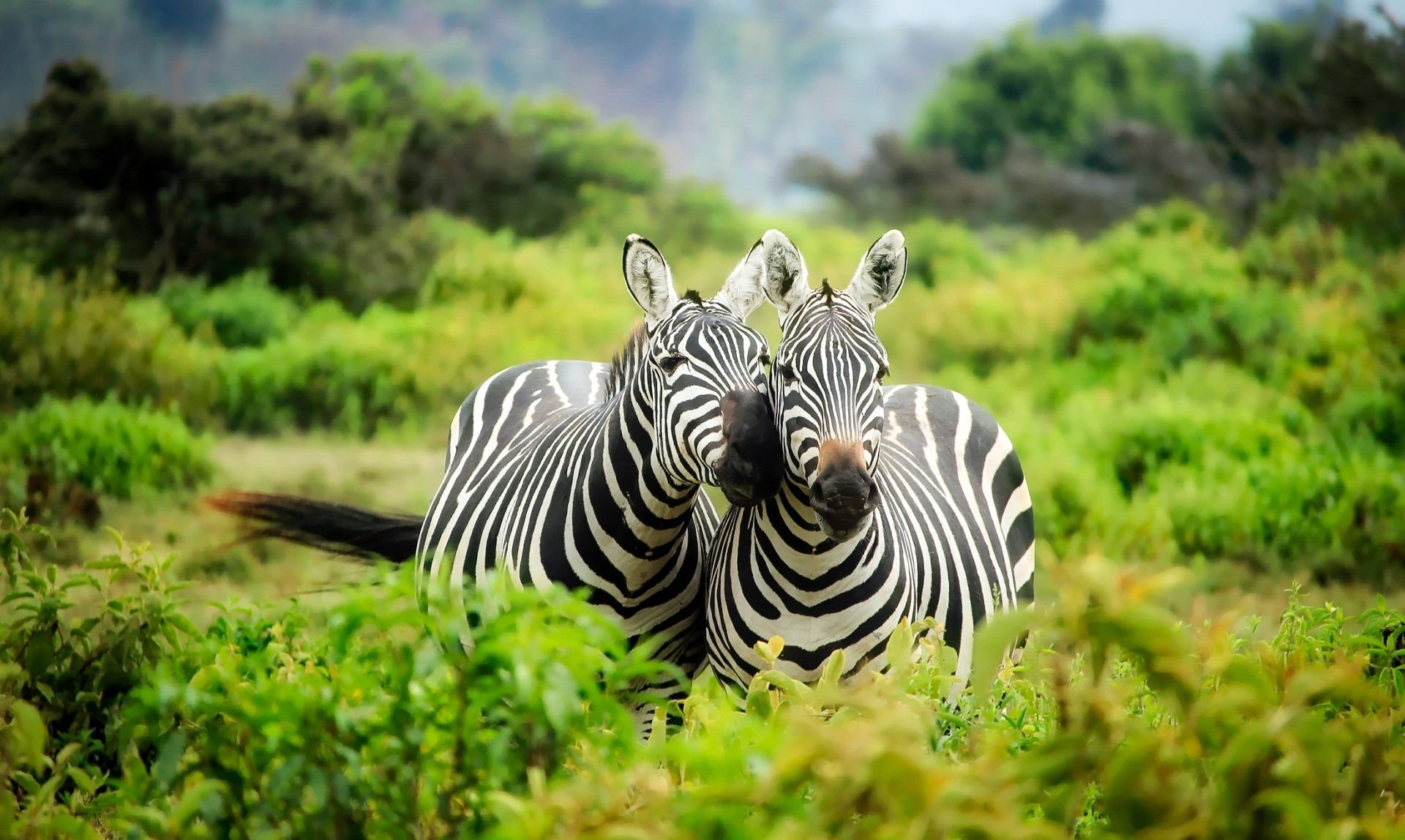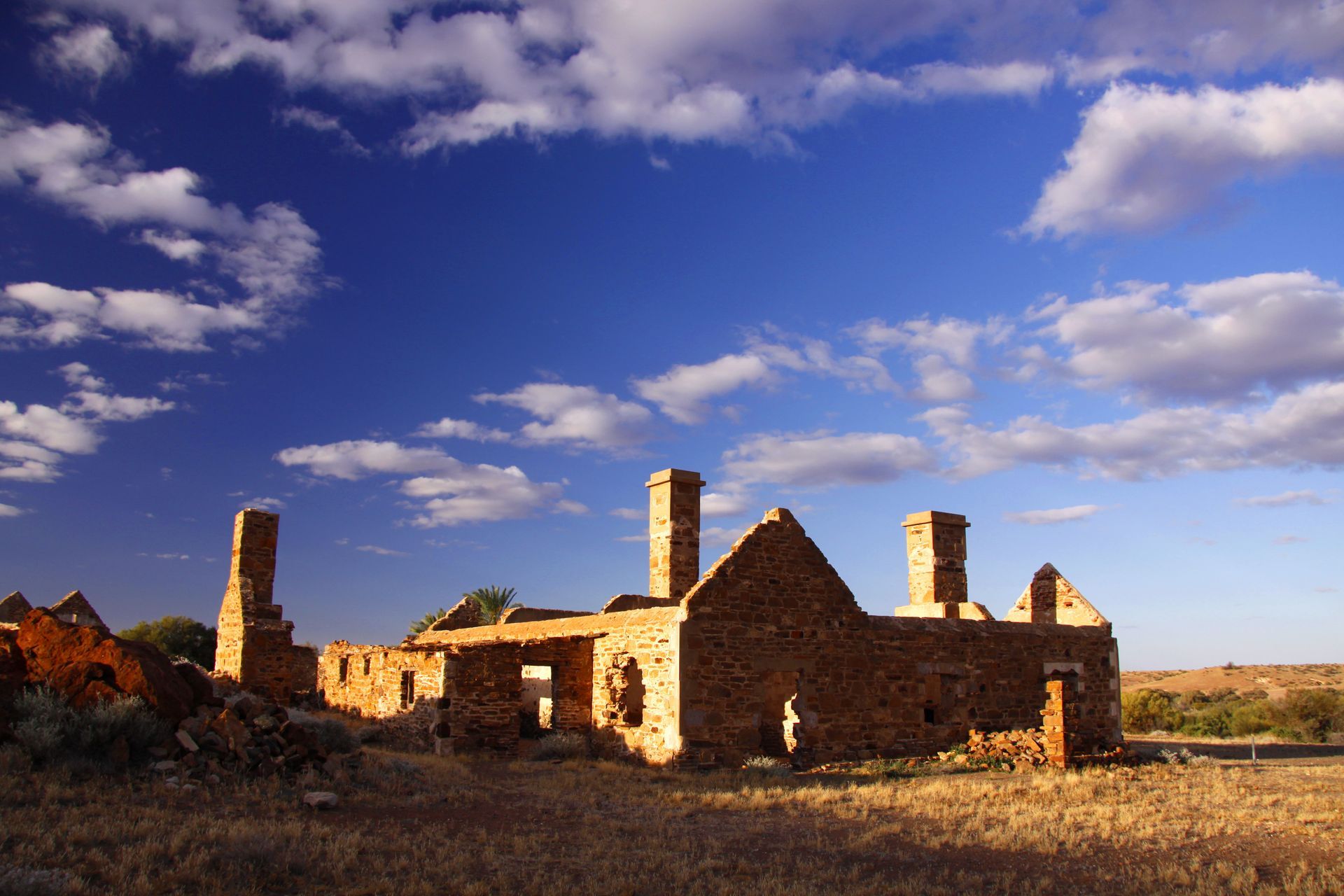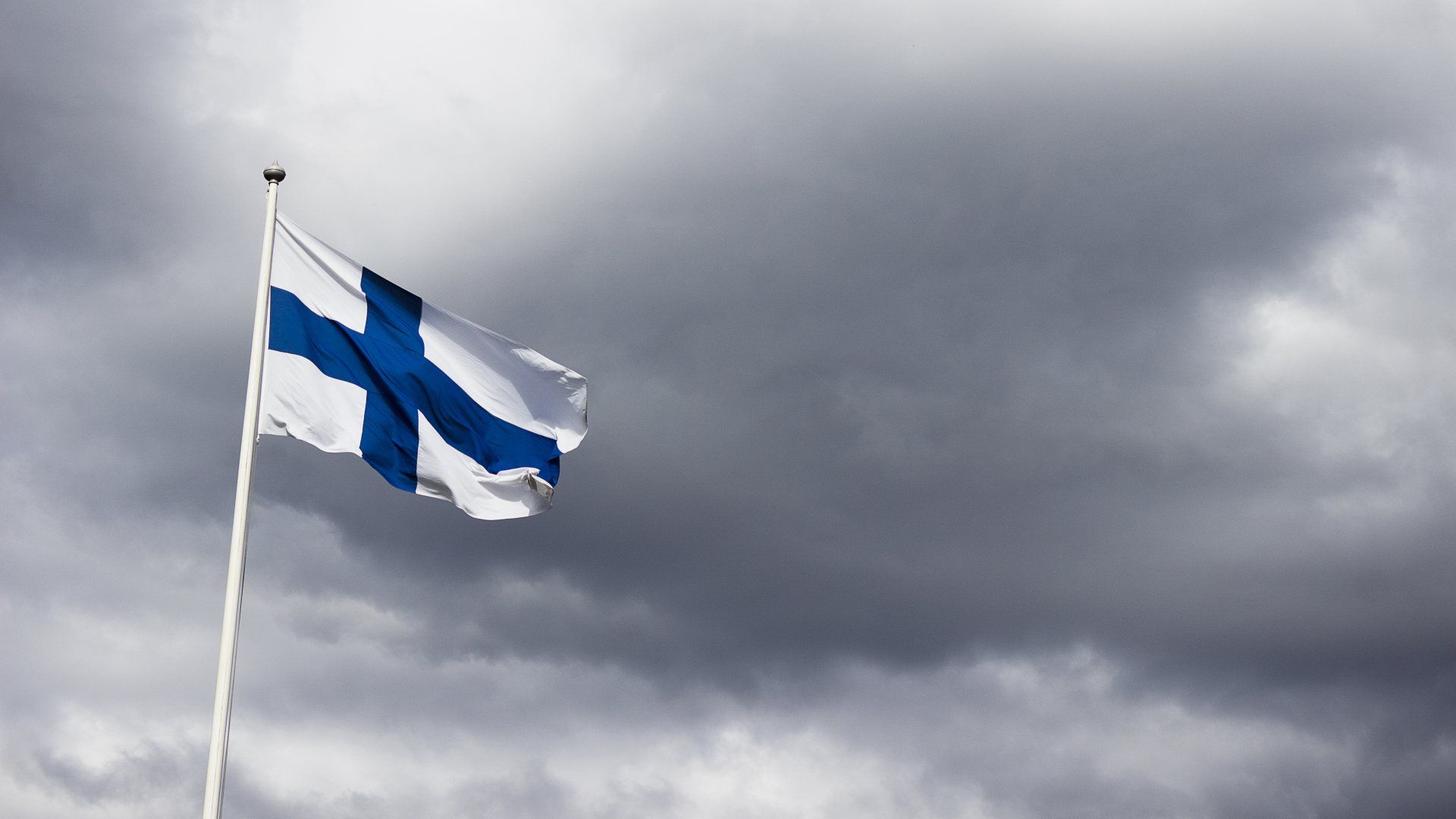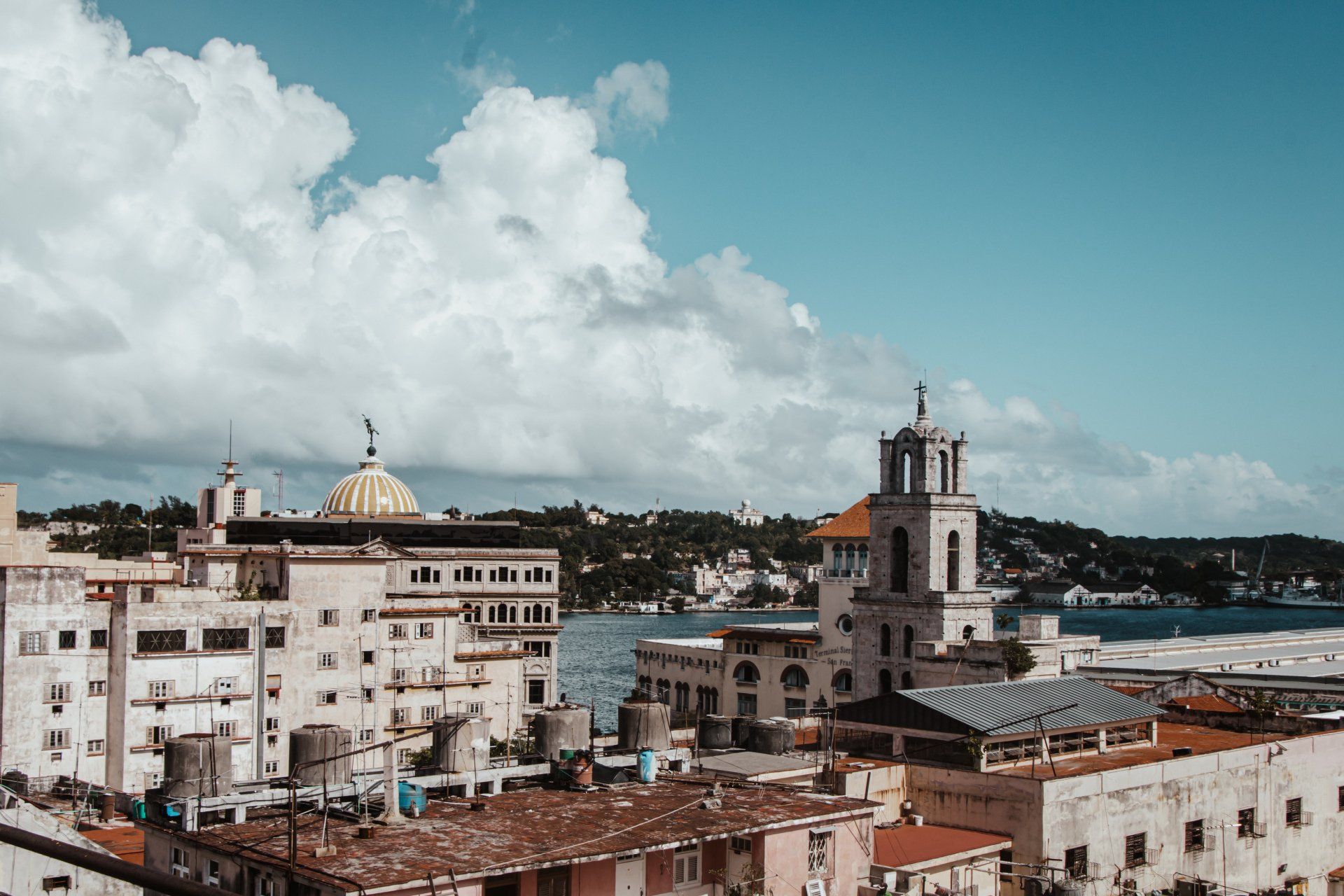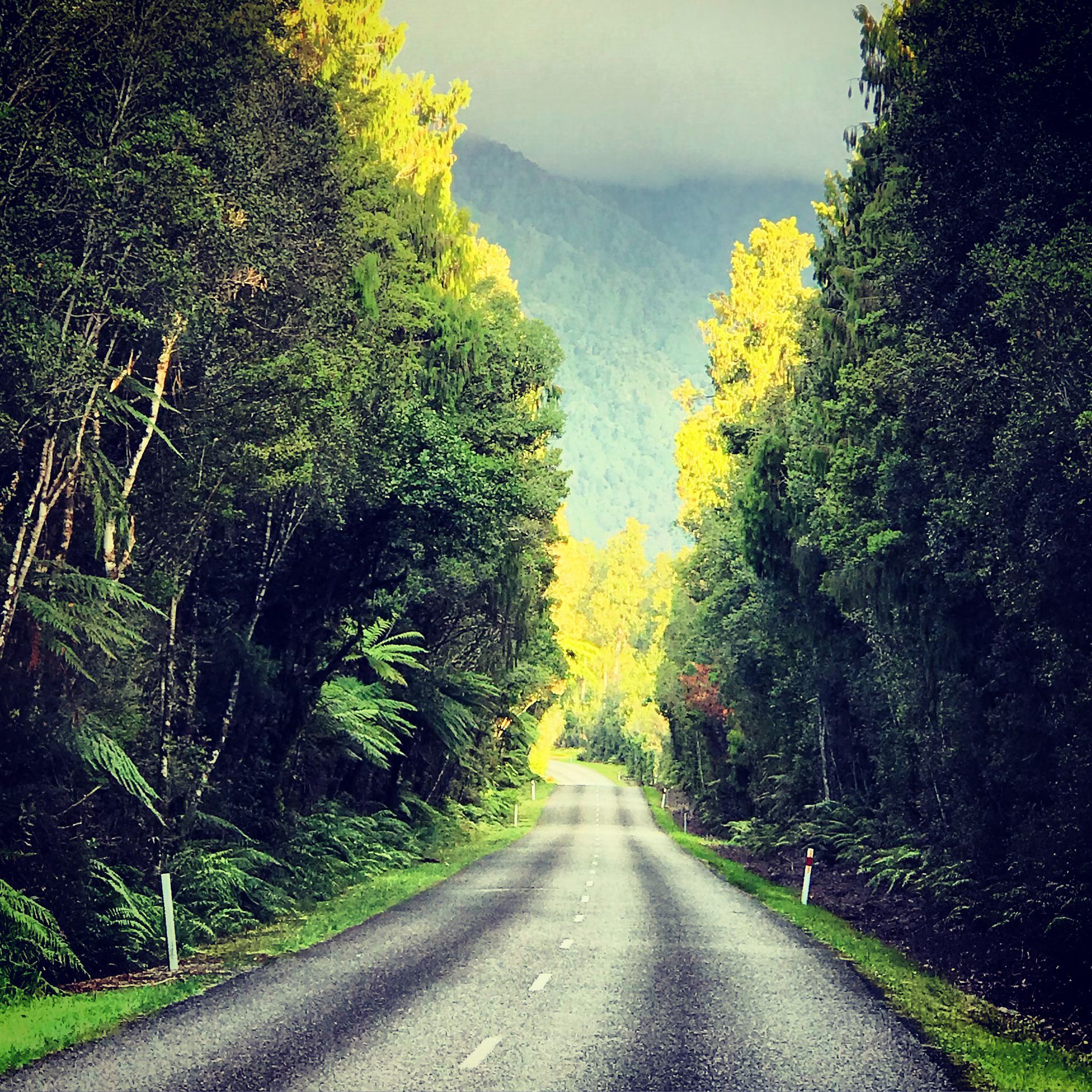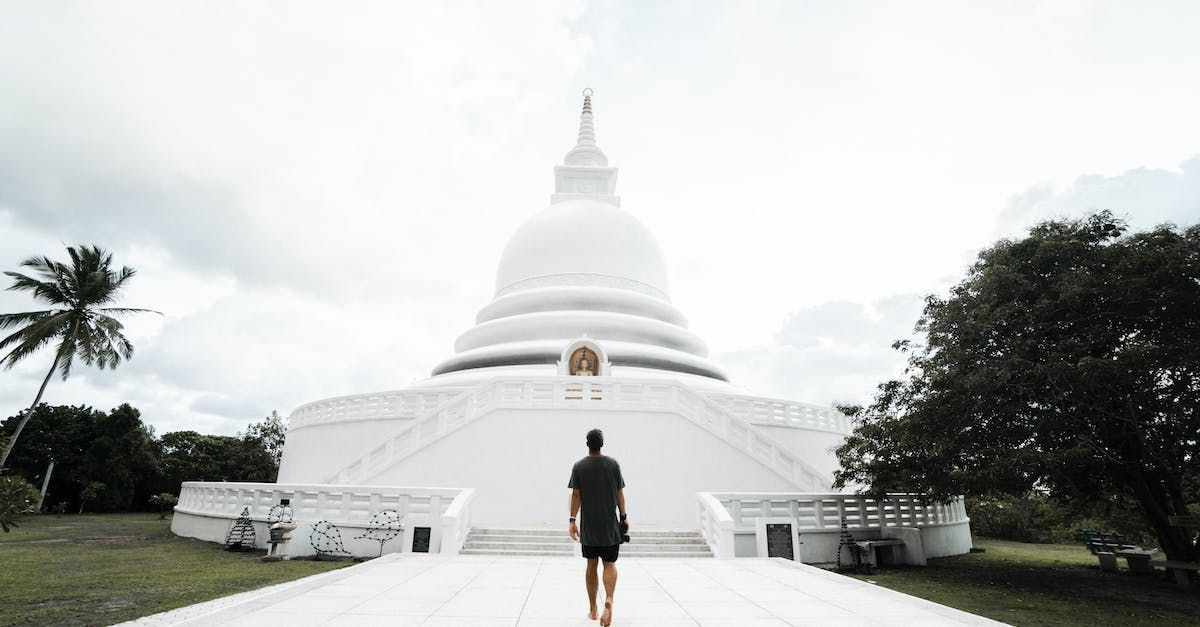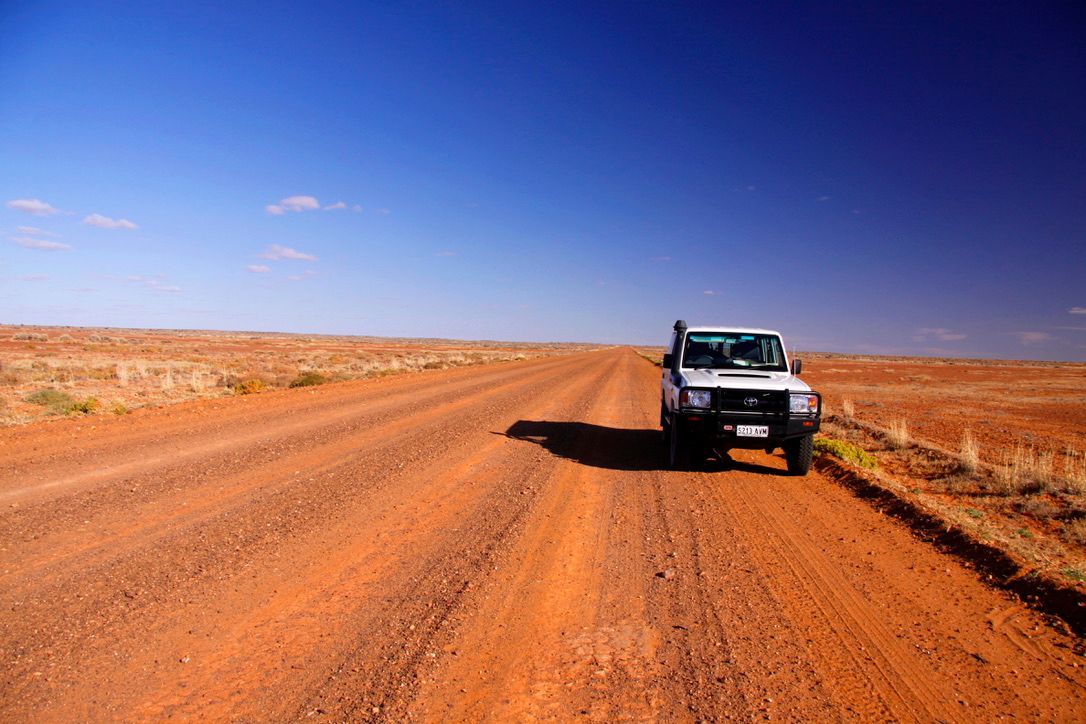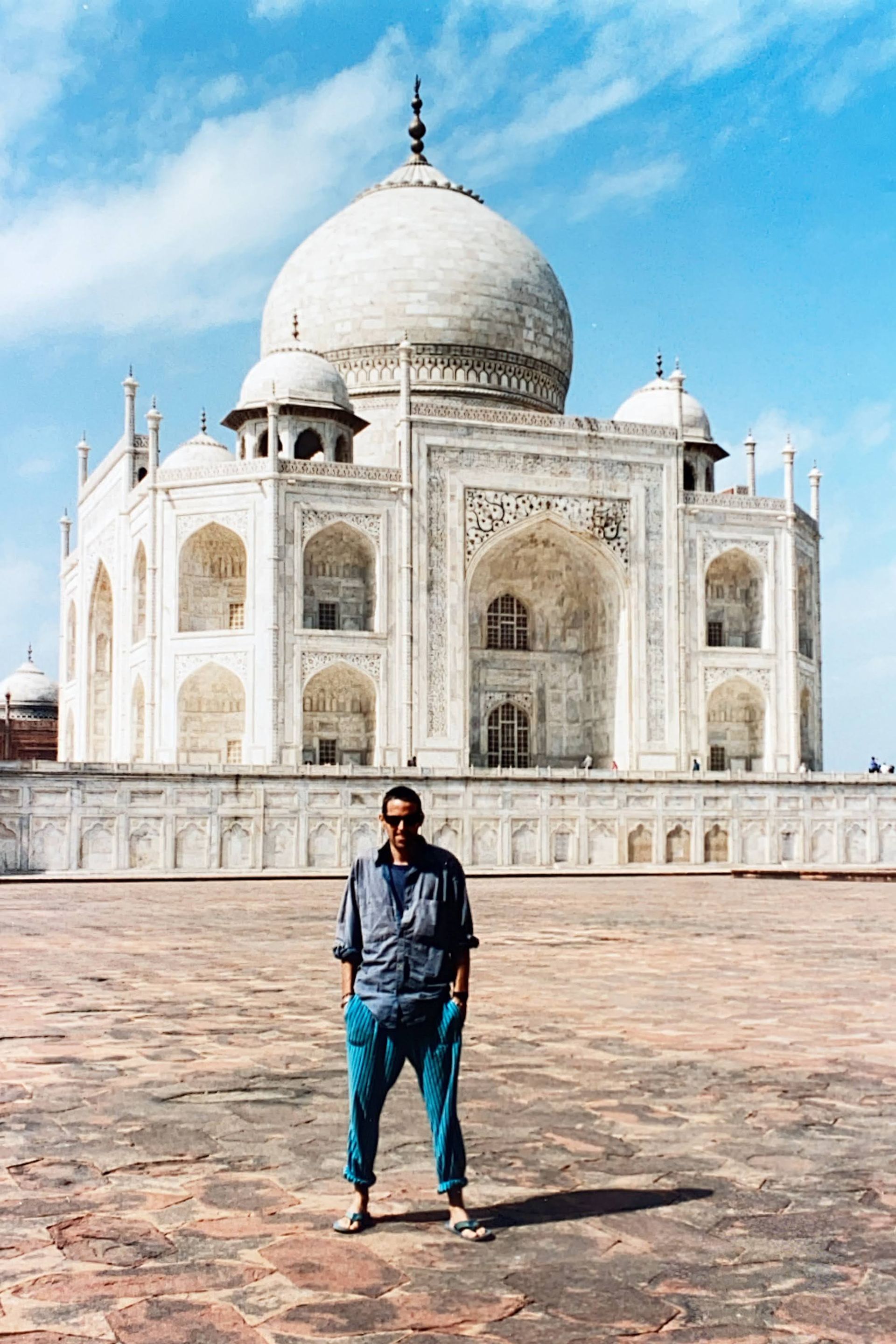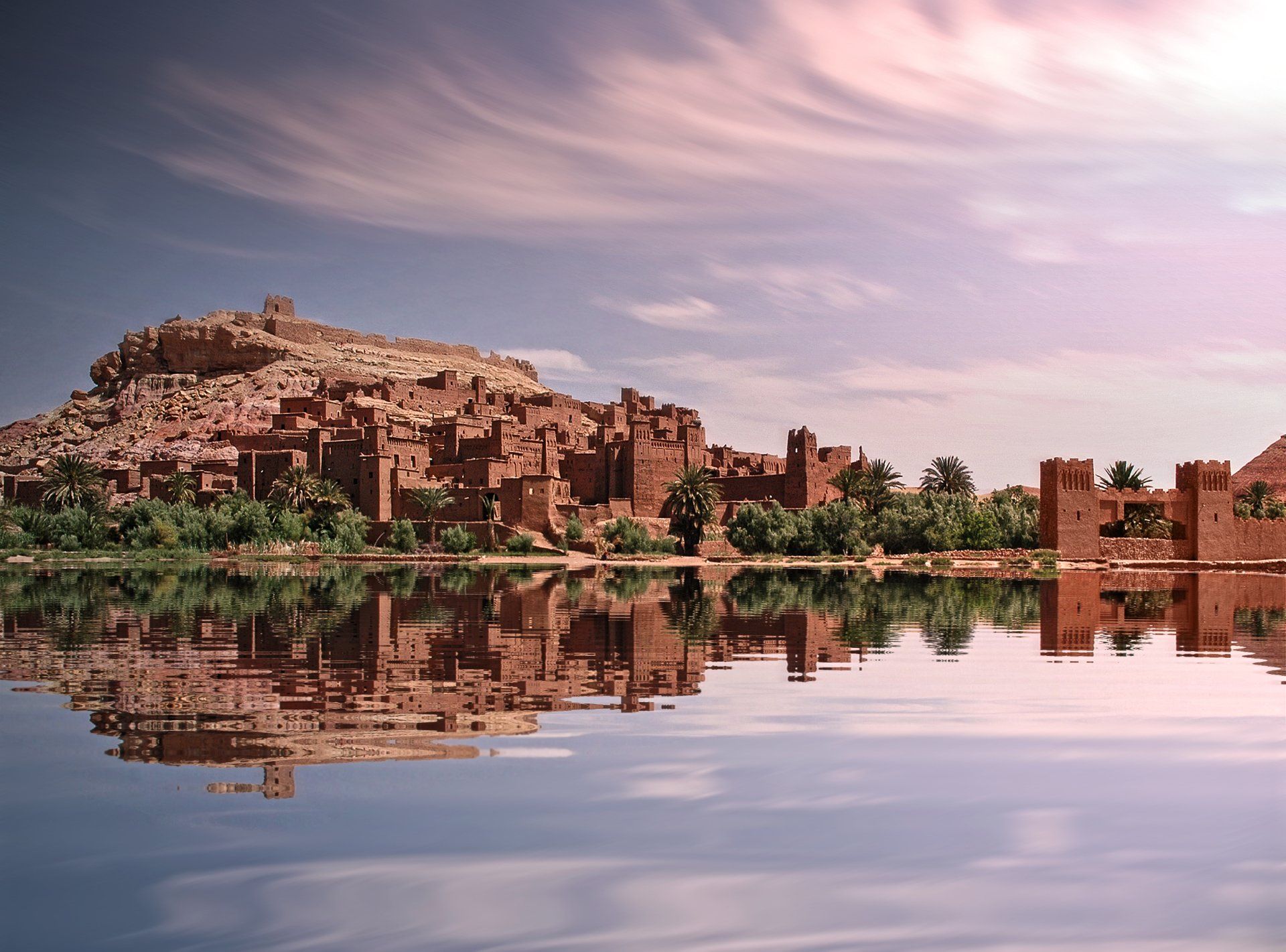(This story, written in 1993, was my first attempt at travel writing. It was written on a small portable typewriter in our old house at 28 McKenze Street, Geraldine, New Zealand. I sent the story to The Press, one of New Zealand’s premier newspapers. It was not accepted for publication and it would be a further two years before my first travel story would be published. This is the first time that this story, about our journey down the Zaire (Congo) River, has appeared in public.)
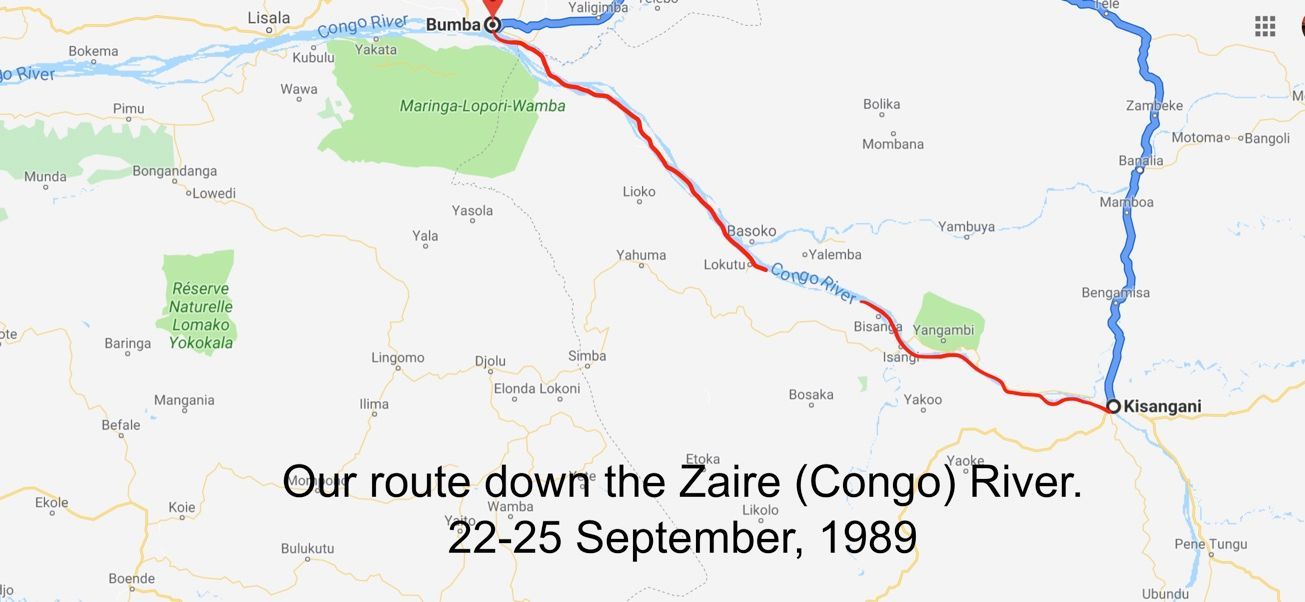
In his novella Heart of Darkness, Joseph Conrad described the Congo River as “…an immense snake uncoiled, with its head in the sea, its body at rest curving over a vast country, and its tail lost in the depths of the land.”
Today, the river is known as the Zaire (a Lingala word meaning “river”) but is largely unchanged from the river Conrad sailed in the early years of this century, as it sweeps through the implacable forest on its 4,300 kilometre journey from its headwaters in Zambia to the Atlantic Ocean. Where it meets the sea, the powerful current carries the discoloured water over 100 kilometres offshore, gouging a 1,200 metre deep canyon in the ocean floor in the process.
As dawn approaches, cool and mist-shrouded, the face of the river is revealed: opaque, inscrutable, an enigma of brown water. Here at Kisangani, where the river bends north-east, the Stanley Falls, named after the explorer Henry Morten Stanley, mark the upstream limit of the 1,900 kilometres of navigable river. Above the falls, the river is navigable in broken stretches for a further 1,600 kilometres, and the entire river, with its myriad of tributaries and branches, offers more than 13,000 kilometres of waterways reaching into every corner of the country.
Out in mid-river the current takes the barge in its grip…
Aboard the barge M.B. LOKOLE, the frenzy of pre-departure activity begins with the first glimmer of dawn. Our small group of western travellers, all passengers on an Overland Expedition travelling north form Nairobi to London, mark the boundaries of our section of steel decline a wagon train forming a protective circle. Around us, several hundred native Zairians come aboard laden with luggage, food, animals and children. Several goats are tethered beside us; a monkey on a leash stares down at us from a pole; baskets of blackened and evil-smelling smoked fish; fruit, vegetables, meat and a multitude of other delicacies culled from the forest and sold by the waterfront traders to passengers departing on the irregular ferries and barges which ply the river. The babel of colour and enterprise on the riverbank will disappear before the LOKOLE is out of sight – the traders returning to the main market in town or to their villages in the forest.
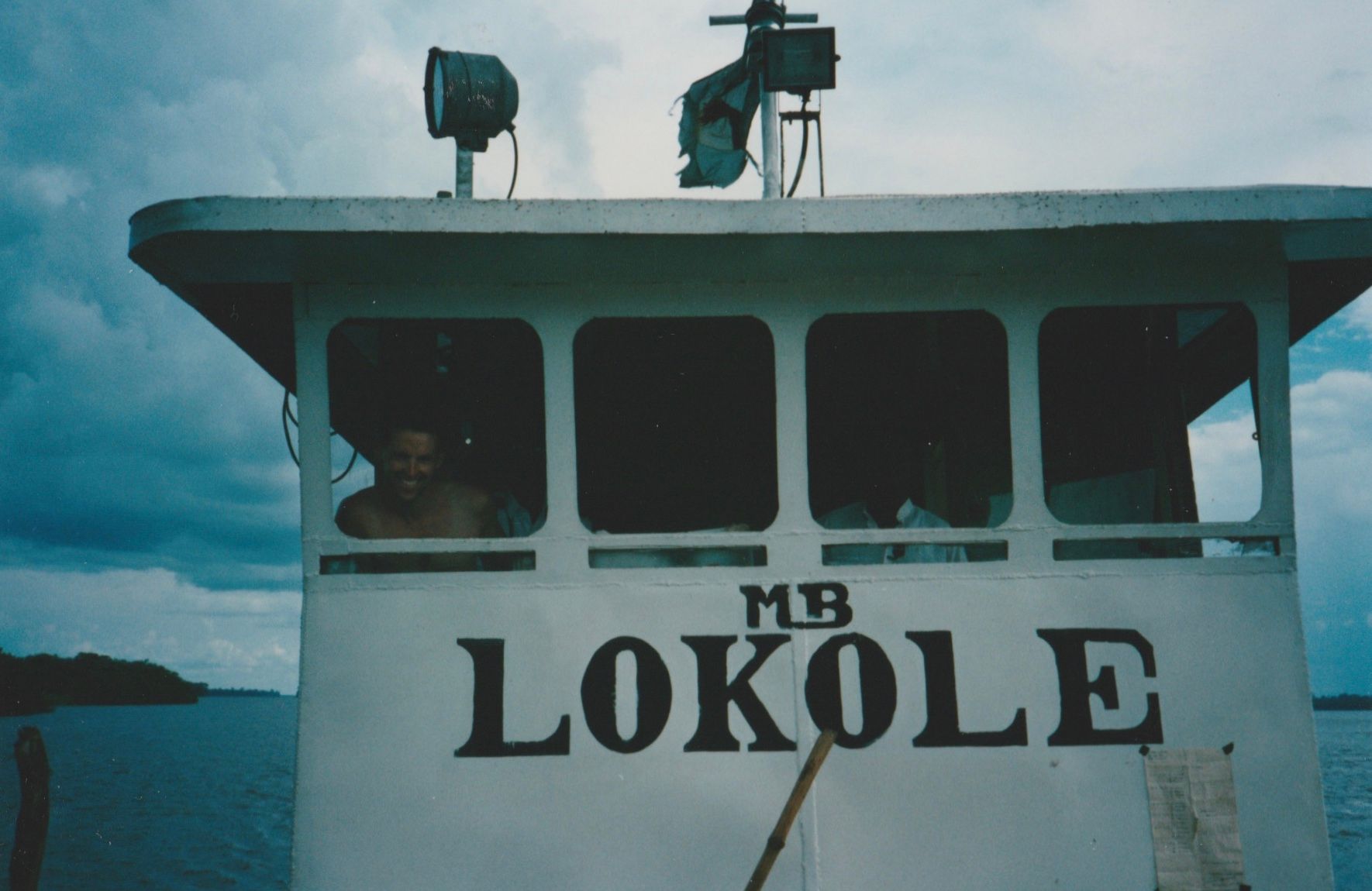
By 8:00 AM the sun has burnt the last tendrils of mist away and is already uncomfortably hot. We rig up a crude shelter using tent flies and sticks as the LOKOLE backs away from the waterfront and turns downstream. Out in mid-river the current takes the barge in its grip, insisting that it moves at the river’s swift pace. The river is wide – 2 kilometres at Kisangani – but its glossy surface hides sandbars and snags so the captain, Mr Chimungu, must steer a zig-zag course from bank to bank, guided by his old and dog-eared charts.
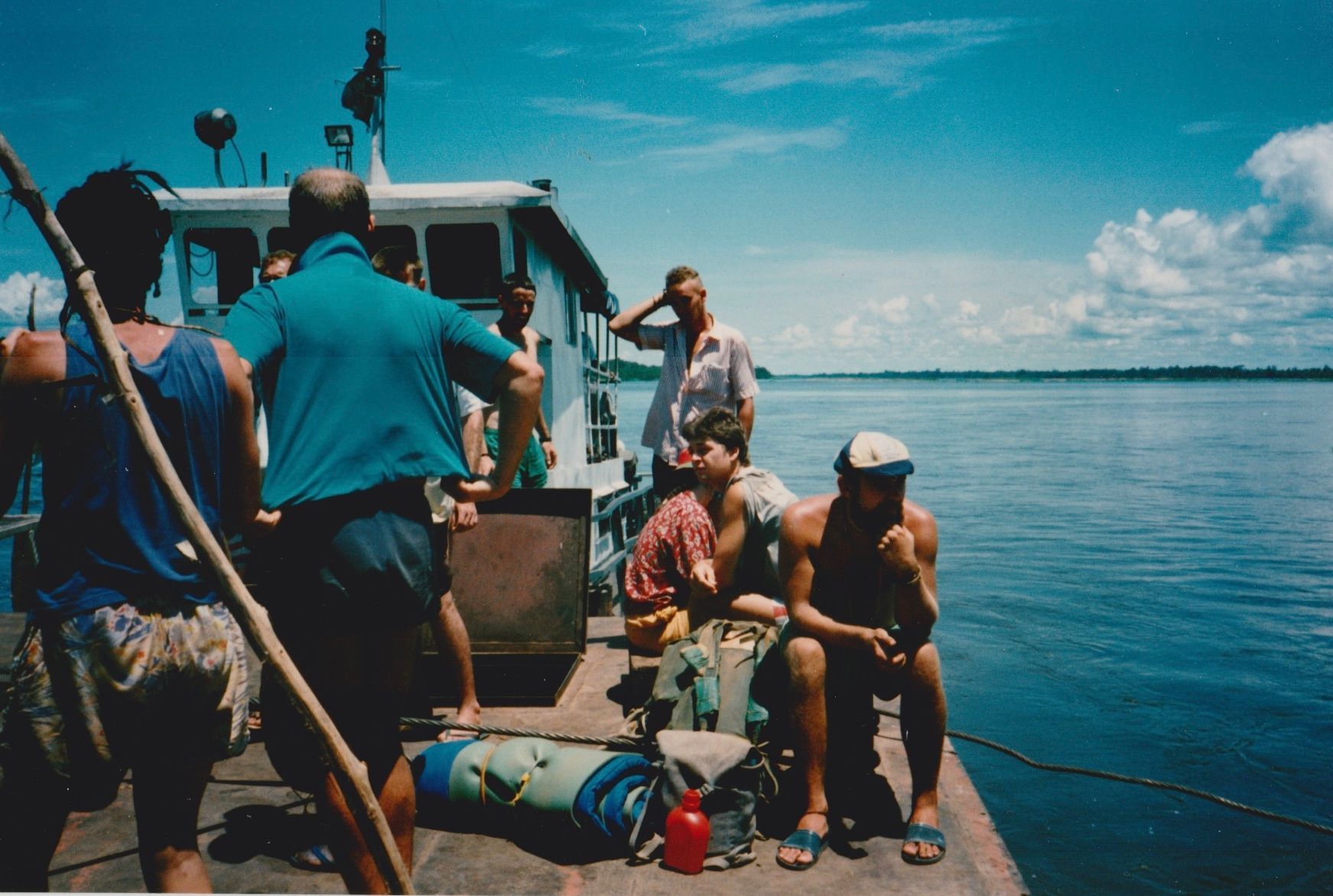
The day passes slowly. Heat presses down on the river and forest like a heavy blanket. The M.B. LOKOLE carries a cargo of dried fish, the cloying smell of which emanates from the hold and hangs in the air. Amazingly, people are camped down in the hold amongst the stinking load.
“It’s a lot cooler down here,” a man named Hastings tells me. “The smell is bad but you get used to it.”
Local traders paddle out from each village in pirogues: dugout canoes fashioned from single giant tree trunks. Each trader has something different to sell: mangoes, bananas, fish, a freshly-killed antelope, monkeys with their fur singed and hands cut off. Passengers haggle furiously and usually get the best deal as the LOKOLE carries the pirogues and their owners swiftly downstream necessitating quick sales before the traders are too far from home.
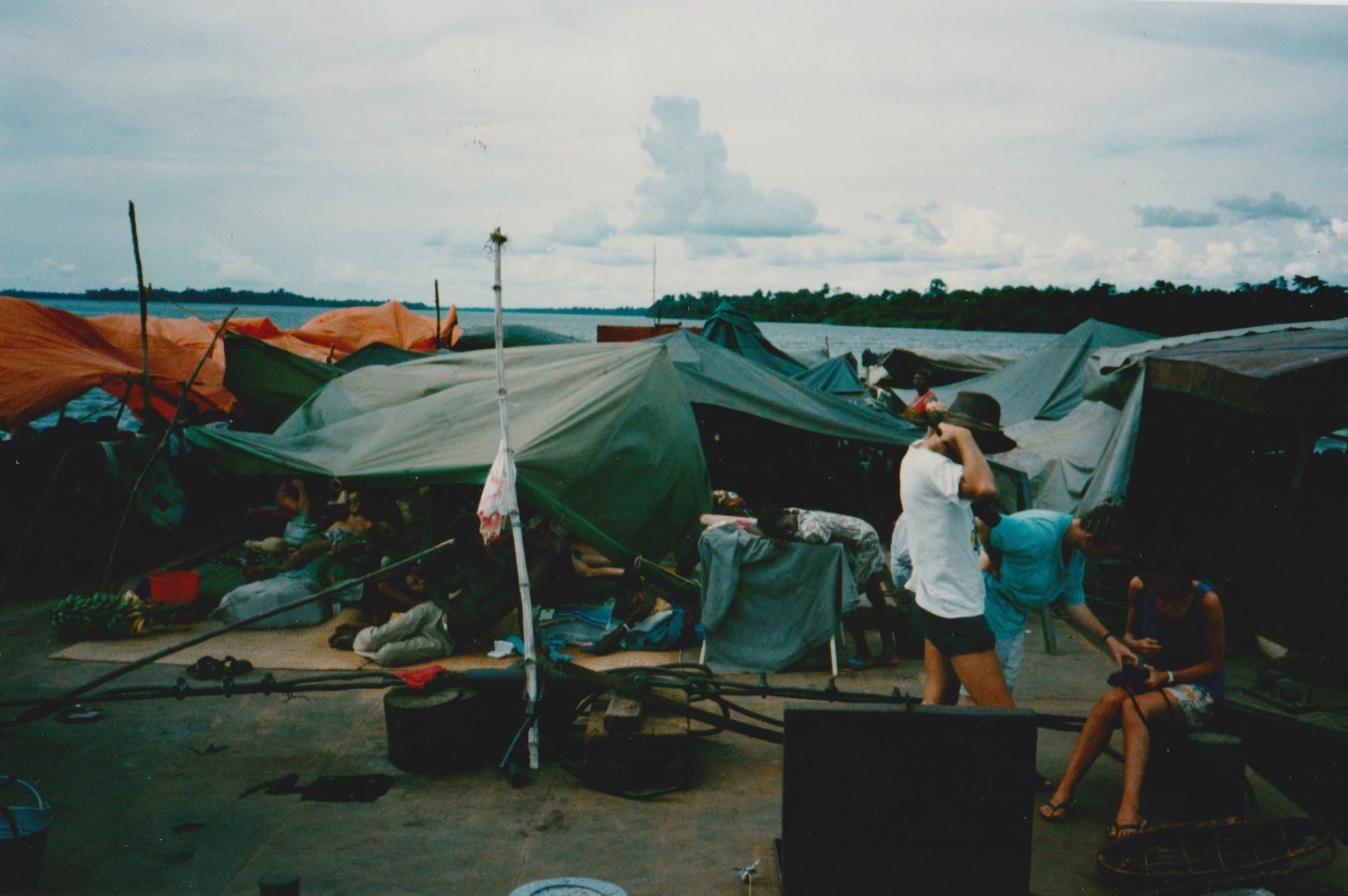
Late afternoon brings an immense thunderstorm. Jagged bolts of lightning leap down into the forest from towering black and gold clouds accompanied by peals of thunder and a wonderfully cooling rain. As the storm clears, night begins to fall. River and forest blend into one.
With a resounding crash the barge is run aground against the riverbank for the night, further navigation impossible in the darkness.
Without the noise of the engine, the night air is full of the sounds of the forest: cicadas and frogs, unseen birds and the occasional scream of an animal falling prey to another animal. The black water whispers against the steel hull and around us the people begin to sing, their rich, harmonious voices a Congo sleepsong.
Loud scraping and banging sounds signal our departure form the riverbank. The morning mist wreaths the forest crowding down to the water’s edge and swallows the tops of the highest trees. Against the mist the forest is deep green. Verdant. Impenetrable.
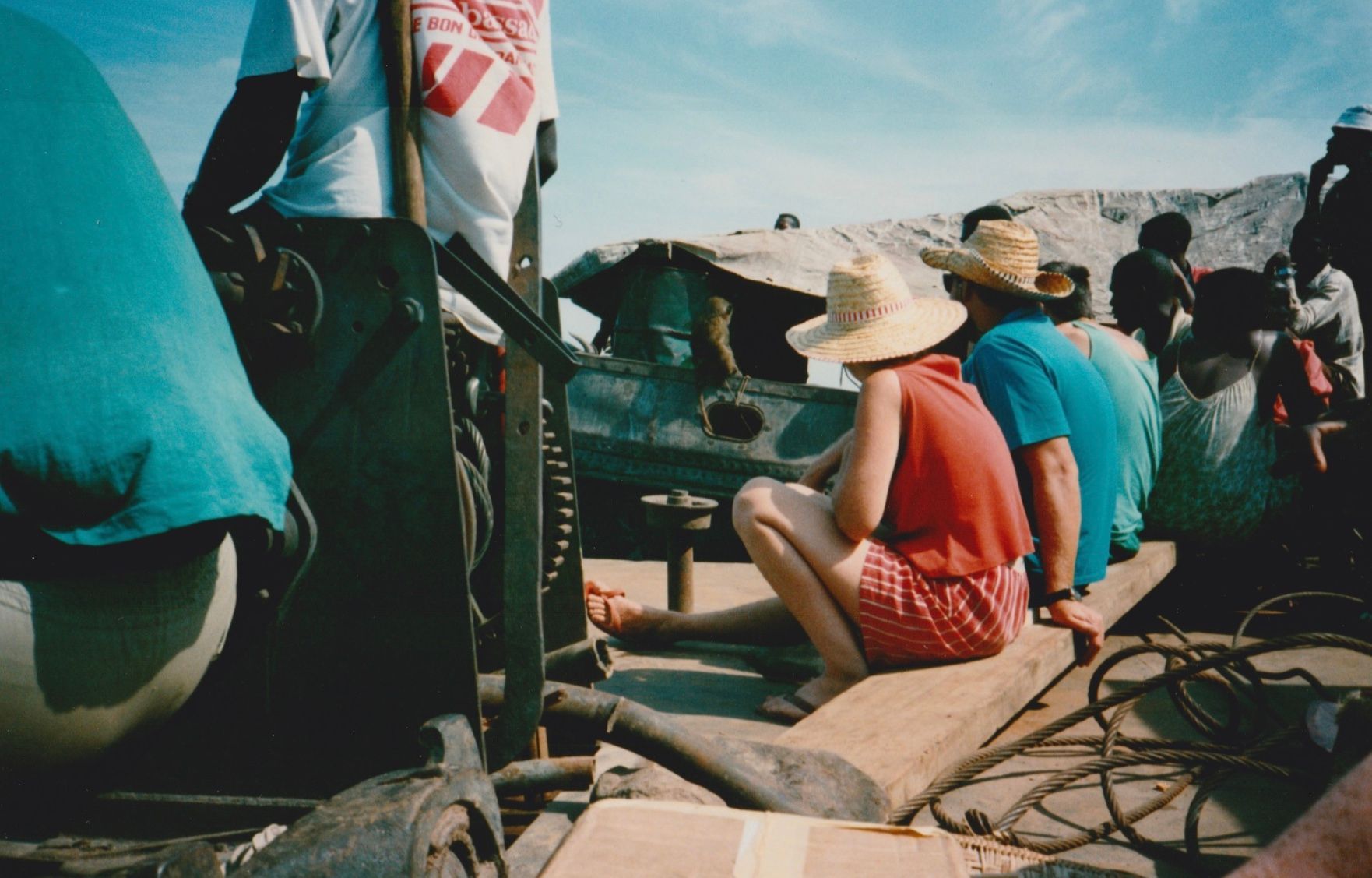
Soon after first light I go and sit with a group of men at the front of the barge and watch the morning come to life on the river. Fishermen cast weighted nets form their pirogues, each cast yielding several fish form the murky water. Birds glide low over the water catching insects or diving for small fish just below the glassy surface.
I strike up a conversation with a young man called Jacob, French-born to Zairian parents. He has come to Zaire to find his roots.
“This country has everything,” he says, “minerals, oil, fertile soil. It could feed itself and much of the rest of Africa if it was allowed to develop.
“But,” he continues, “this country has been brought to its knees by its corrupt government. It makes me very sad.”
Jacob’s comments echo the unspoken thoughts of most Zairians. Since taking power in 1965, President Mobutu Sese Seko Kuku Ngbendu wa za Banga (the name means “the always victorious warrior who is to be feared”) has squandered billions of dollars in export revenue and foreign aid while the infrastructure of Zaire has crumbled almost beyond belief. With a personal fortune estimated to be as high as five billion US dollars, Mobutu exerts a witch-doctor-like control over his people. His photograph is displayed in every shop, house and office; his official statements refer to Him in the upper case; press photographs always show him to be larger than the people around him.
But here on the river, life seems far removed from the political problems of Zaire. Traders continue to paddle furiously out to the barge, their muscles straining, faces contorted and sweating with the effort of catching the passing vessel and its potential customers.
The cries of the new-born baby girl mingle with the sounds of animals, chattering and laughing people, and the steady beat of the cleansing rain.
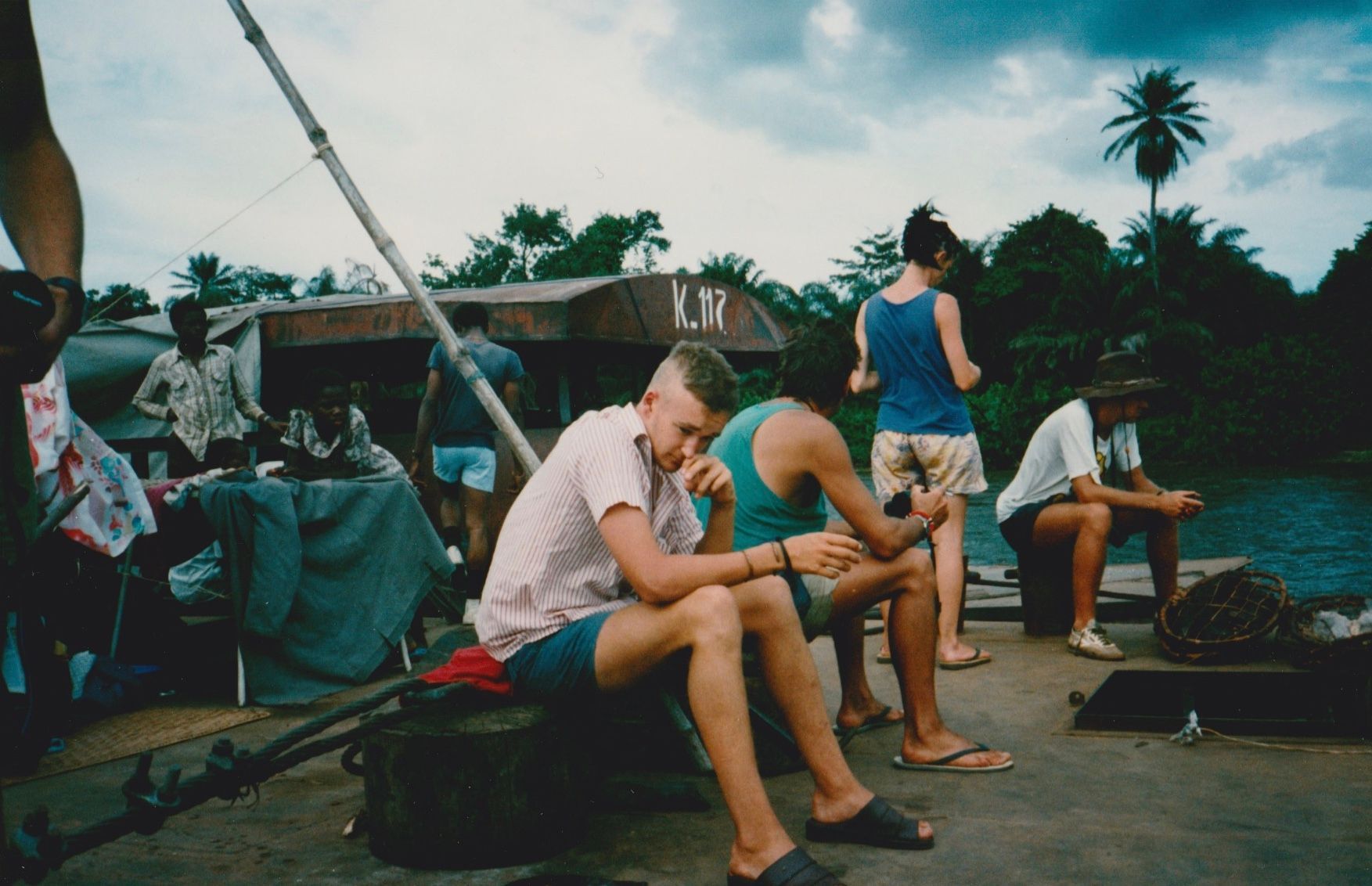
Mid-morning, we stop at a village to drop off passengers and freight. Wandering through the market, there doesn’t seem to be any food for sale, merely bananas and a few piles of soggy oranges. At the top of a dusty track we find a bar run by the local mission selling cold beer and Coca-cola. It is pleasantly cool and shady inside the bar-room, but soon the sound of the whistle has us running back down to the waterfront to re-join the LOKOLE, berthed alongside the rusting hull of a dis-used river ferry.
The afternoon heat is oppressive, but as afternoon draws into evening and the sun sinks languidly towards the forest, the daily thunderstorm arrives to cool the air. In true African fashion, a baby is born amid the chaos of passengers and cargo. In marked contrast to the drama attached to child-birth in the developed world, the mother simply squats down and with the help of two other women gives birth in just a few minutes. The cries of the new-born baby girl mingle with the sounds of animals, chattering and laughing people, and the steady beat of the cleansing rain.
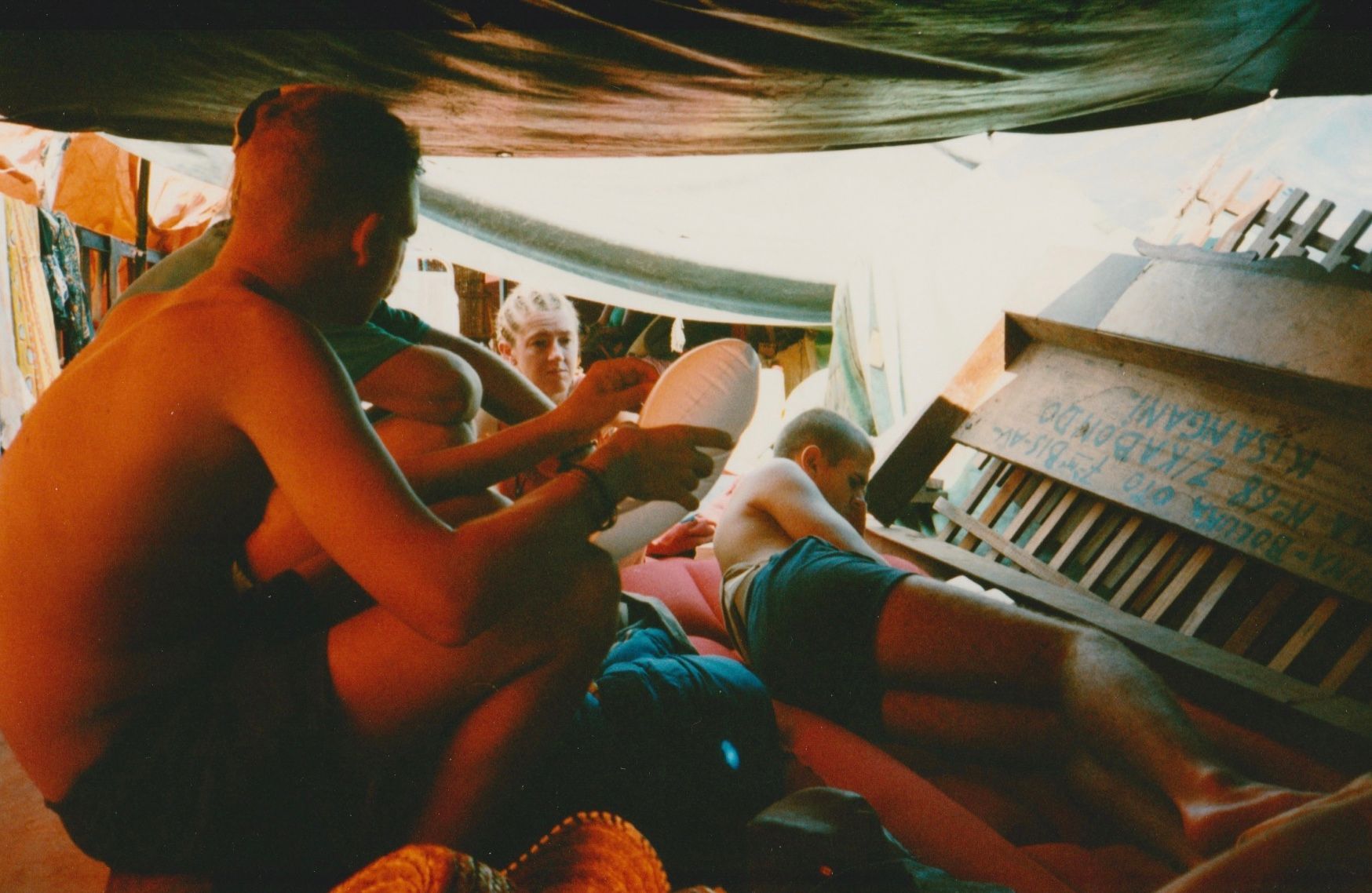
Aground on the river-bank for a second night, three of us accompany Captain Chimungu up to a nearby village for a drink. The forest is silent and bitch black except for the pale starlight filtering down through the canopy. The Captain seems to be able to see in the dark, but mumurs that he comes this way “pour un bier” on every journey. The village is nothing more than a few huts amid a jungle clearing and we sit around a lantern drinking Primus brand beer and talking to the villagers in French and broken English. They tell us that Queen Elizabeth visited here in 1958 and that she owns some palm oil plantations in the area. I try to imagine Her Majesty and her entourage sitting around on tea chests drinking beer in this humid and isolated placeWhen the beer is all gone, we make our way back down through the stygian forest to the barge where millions of insects are swarming around the single light on the roof of the wheelhouse.
We continue downstream at first light. Slowly, people begin to stir aboard the barge. Women light their cooking fires and prepare the day’s first meal. The men collect in their usual groups around the deck to talk, smoke and play cards. Traders come out from the riverbank with their smoked fish and monkeys. The smoked monkeys are a macabre sight, their faces seared into grisly poses, teeth bared, eyes bulging.
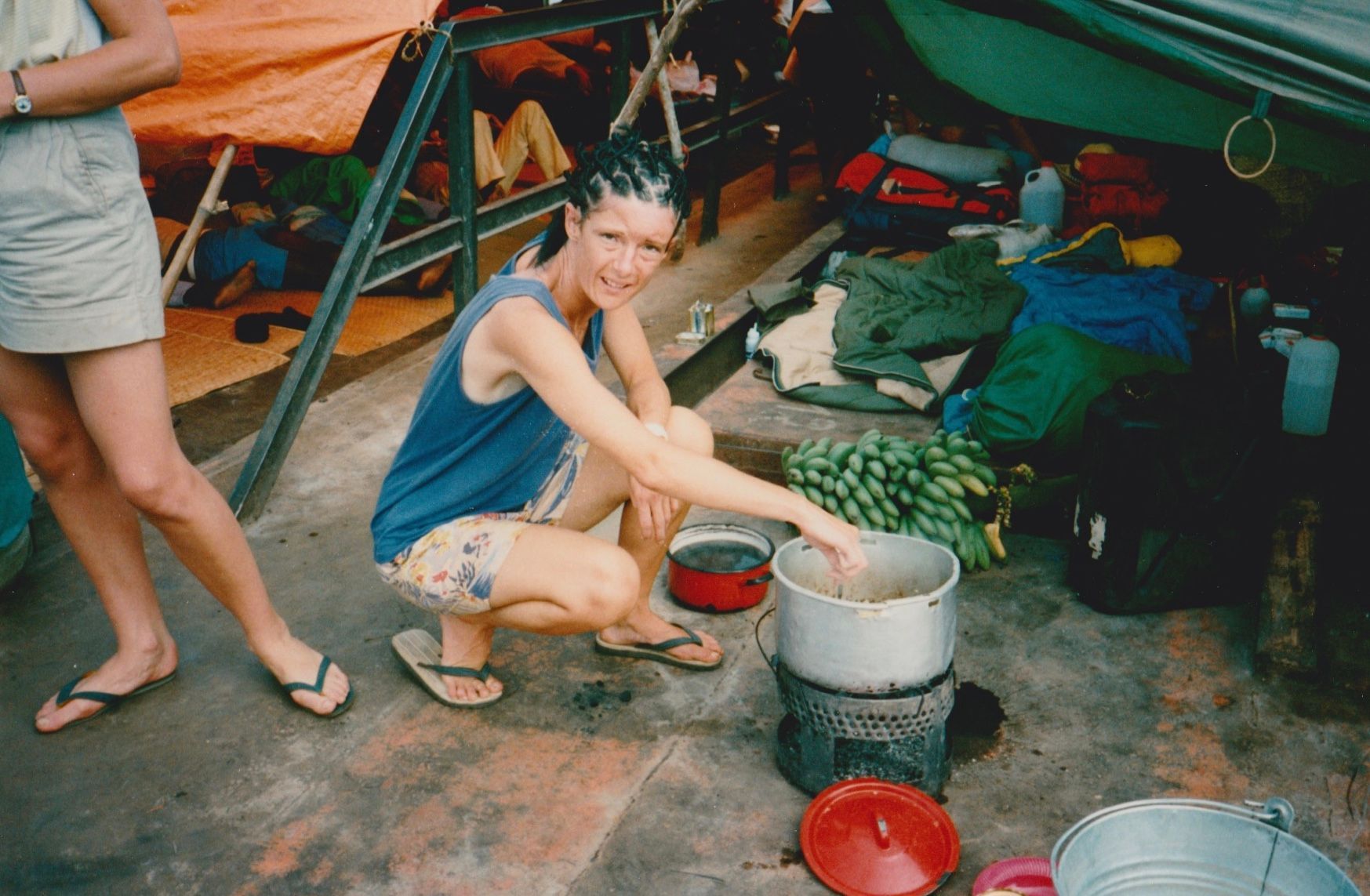
We have almost no food left but Captain Chimungu takes pity on us helpless Muzungu (African slang for “white people”) and gives us some freshly-caught fish, some potatoes and some onions which we cook and eat along with some bully beef and some rice.
By 7:30 AM the sun is beating down from a sky the colour of burnished copper. The river is very wide, more like a shining lake than a river with the forest a thin, dark line on the far bank. Water hyacinths float gently in the current, taking all their nourishment form the river as they drift indolently towards the sea.
At midday the town of Bomba, our destination, comes into view. The scene at the waterfront is reminiscent of that at Kisangani, as traders vie for the best positions and passengers jostle in the queues waiting to disembark.
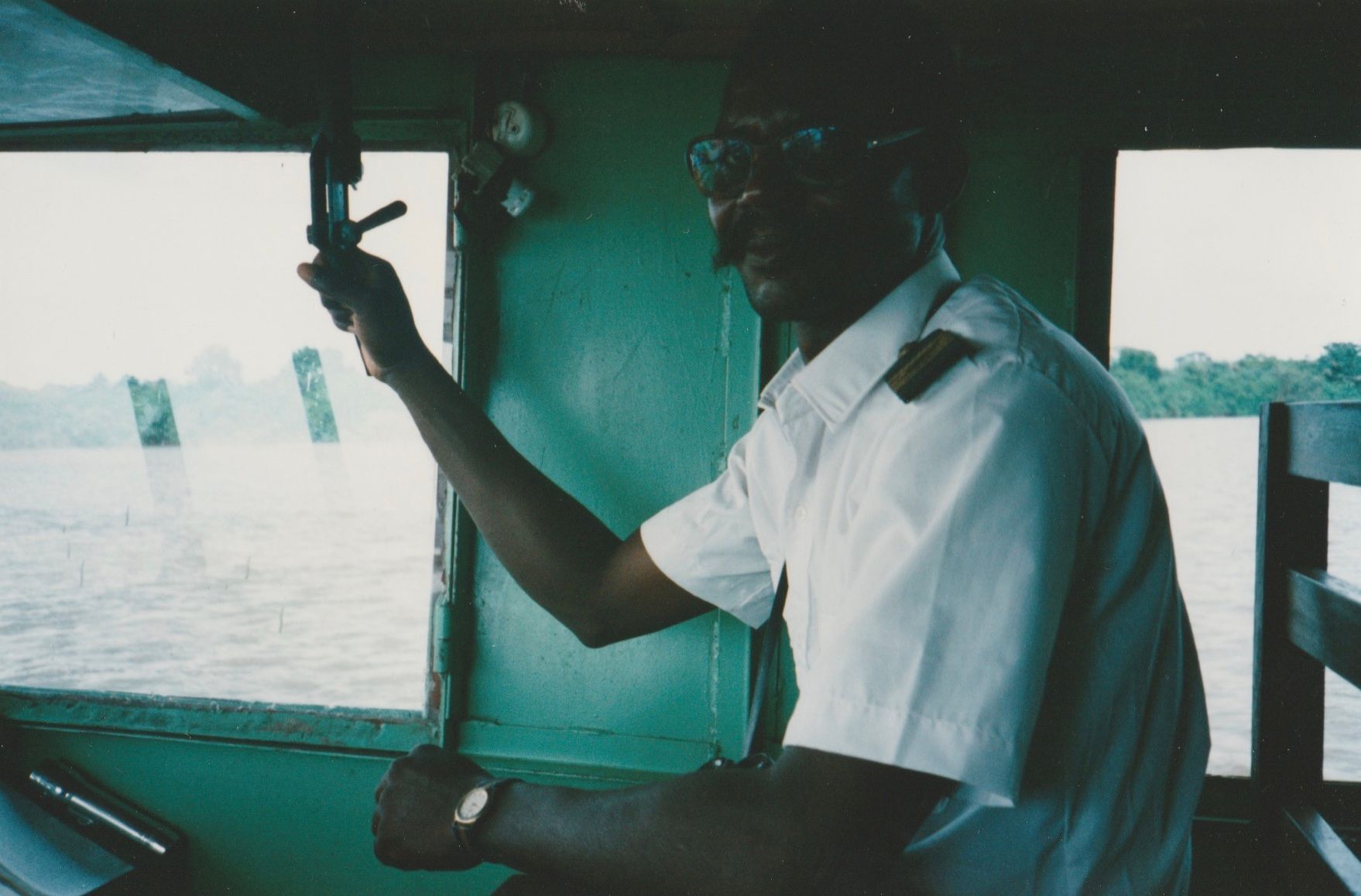
Captain Chimungu wishes us “Bon Chance” as we gather our tourist paraphernalia and clamber ashore. There is an impromptu “customs check” with the local police. A small bribe changes hands before we can set off up the dusty Main Street to find somewhere to stay.
Behind us, down at the river, a shrill whistle signals the departure of the M.B. LOKOLE on the next leg of its 1,900 kilometre journey around the bend in the river.
THE END
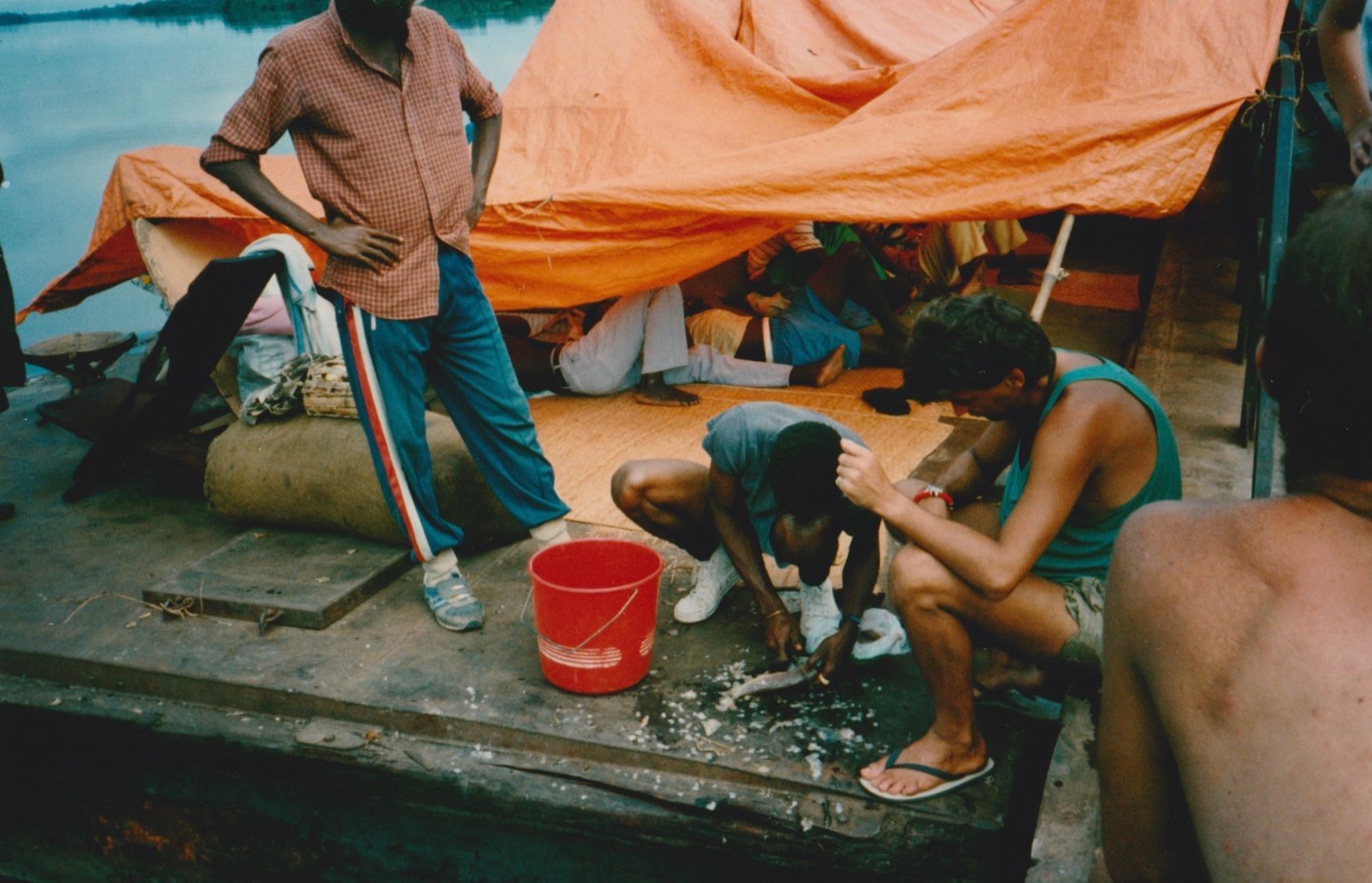
FOOTNOTE: Since September 1991, president Mobutu’s iron grip on Zaire has been loosened by civil unrest, rioting and secessionist uprisings.
The latest spate of turmoil, in January this year [1993], was caused by Mr Mobutu’s issue of a virtually worthless five million Zaire banknote (the unit of currency is called the ‘Zaire”) in a vain attempt to keep up with the country’s hyperinflation. Up to 1,000 people, including the French ambassador, were reported to have been killed in the violence, perpetrated mainly by drunken soldiers from the Israeli-trained Elite Guard.
With support growing for the opposition Sacred Union Party, led by Prime Minister Etienne Tshisekedi, Mr Mobutu’s hold on power, and, some would say, reality, is becoming increasingly tenuous. There are fears, however, that with Mr Mobutu deposed, the country would dissolve into civil war. Zaire, four times the size of France, could easily fragment due to secessionist pressure in several parts of the country, especially the south-east.
It appears that Zaire’s future, like the great river in Conrad’s story, flows on “…into the heart of an immense darkness.”
President Mobutu Sese Seko was chucked out of power, and out of Zaire, in May 1997. He died a few months later in Morocco. Zaire was renamed The Democratic Republic of the Congo following Mobutu’s departure.
